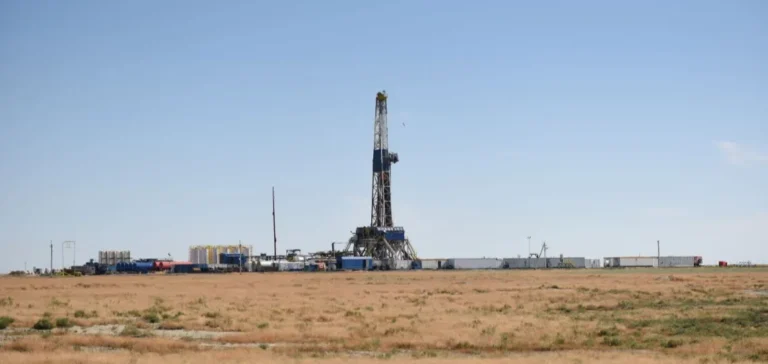Caturus Energy, a natural gas producer operating in South Texas, announced a strategic partnership with oilfield services group Nabors Industries for the deployment of the PACE-X Ultra™ X33, presented as the most powerful onshore drilling system currently in operation in the United States. This collaboration fits into Caturus Energy’s growth strategy, which plans to increase its net production to one billion cubic feet of gas equivalent per day by 2029.
A technological lever to address complex reservoirs
The new rig will be deployed in the Eagle Ford and Austin Chalk formations, two basins known for geological complexity. The X33 equipment has a one million-pound hoisting capacity, racking system up to 35,000 feet, and three 2,000-horsepower mud pumps capable of 10,000 psi mud pressure. These specifications enable drilling of vertical wells exceeding 14,000 feet and laterals longer than six kilometres.
Eric Kolstad, executive vice president in charge of drilling at Caturus Energy, said this technology would allow the company to maintain high performance while reducing drilling cycle times. The rig will also integrate Cat® Dynamic Gas Blending (DGB) technology, allowing partial substitution of diesel with natural gas, contributing to lower operating costs and carbon intensity.
A partnership focused on operational excellence
Nabors Industries, which develops high-technology drilling platforms, designed the PACE-X Ultra™ X33 for high-pressure, high-temperature environments. Siggi Meissner, president of global drilling and energy transition at Nabors, said this project represents an important step in the evolution of onshore drilling. He highlighted the shared ambition of the two companies to push operational boundaries through engineering and technical planning.
This partnership is viewed as a catalyst for future development of complex wells in geologically demanding areas. Caturus Energy, which operates more than 200,000 net high-quality acres in South Texas, continues to rely on technical innovation to optimise its performance in a competitive market.






















